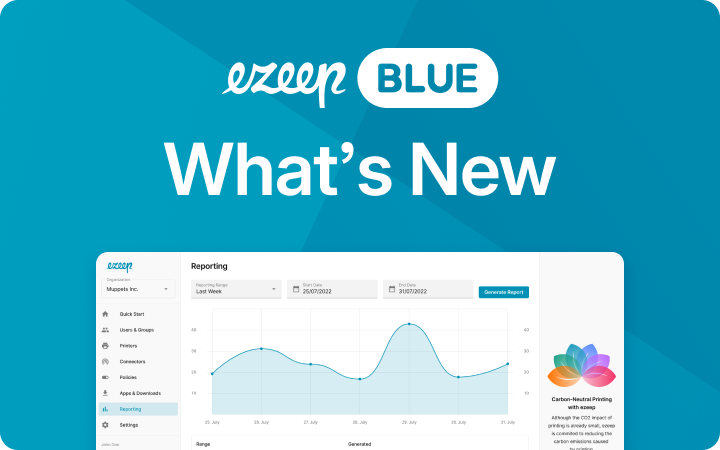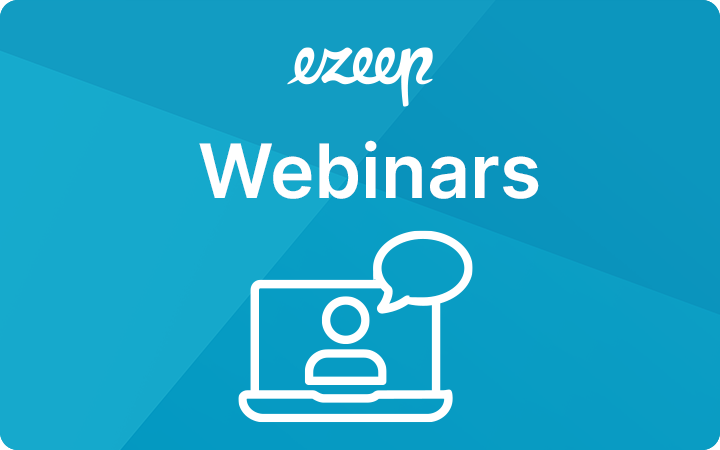The Difference Between Know-How & Know-Why
It’s my first time building an inbound sales team from scratch. Now, only a few months into it, I’ve learned my fair share along the way. I will certainly not come up with the next 10 best practices on how to build an inbound sales team or the top five laws of sales success. Instead, I will focus on how we revved our engines into action.
Know-How Isn’t Know-Why
When we started building our inbound sales team, we began by gathering a lot of “know-how,” by speaking to numerous successful sales executives, going through a lot of books and reading even more blog posts. Just Google “how to build a successful sales & marketing machine” and you´ll get about 304,000,000 results in less than 0.39 seconds. Fairly quickly, you will possess the “know-how,”the knowledge and the necessary tools to establish an inbound sales team. Now there is no need to re-invent the wheel, so you will start applying these technical skills you’ve gathered or learned, and fairly soon you will start breaking down your key objectives and results, and work out the relevant action plan to accomplish your set targets.
But what you actually want to build is an “effective” sales team. With the “explicit knowledge” you have gathered you will most probably not succeed unless you combine that knowledge with a purpose and the corresponding implications – your “know-why.” Too many times, we start implementing techniques successful players, like Salesforce.com or HubSpot, use without getting the same results and we wonder why? Well the answer is pretty simple, if you haven’t thought about why you are implementing these techniques, you didn’t use your “know-why”!
Your “know-why” is understanding the context and the value of your actions. Why are you doing this? Why are you implementing the techniques and tools you have learned? What are you trying to get out of this? It’s only the balance of “know-how” and “know-why” which will create the desired outcome. For example, your explicit knowledge will state that you should be offering a free trial for your service, as this will increases your conversion rates by xyz! Your “know-how,” hence your knowledge of facts, numbers and methods, will spur you to introduce a free trial period. But without the knowledge of why you are introducing a free trial and how this is adding value for you and your customers, you will most likely be spending a lot of resources without seeing the expected outcome. This is because your specific customers might not require or might not be able to use this free trial in a sensible way. Offering a free trial could even in the worst case increase your sales cycle drastically, the exact opposite of what you’re trying to achieve.
Connecting the Dots
Now this might all seem pretty obvious, but in many cases there is too little “know-why” involved in the actions and decisions we take. “Know-how” is important, but should be implemented together with the relevant “know-why.” As a side note, this definitely does not only apply for building a sales team only, but for every other aspect of your business.
So how did we at ezeep relate our collected “know-how” with a purpose, hence how did we gain the necessary “know-why” to implement our knowledge? To start off, and what definitely helped me when structuring our sales process, was the realization about how our customer thinks, what their needs are, what would motivate them to buy and how would this purchasing process look like. Once you understand this, connecting the dots to why which actions are necessary, hence implementing you “know-how” is not only much clearer but also much easier. Not only can you apply your knowledge in a much more effective manner but you can also improve your know-how based on your know-why. A simple way to check if you have the relevant know-why in your sales process is by asking yourself, “Do I know why I sell our service the way I do?”

